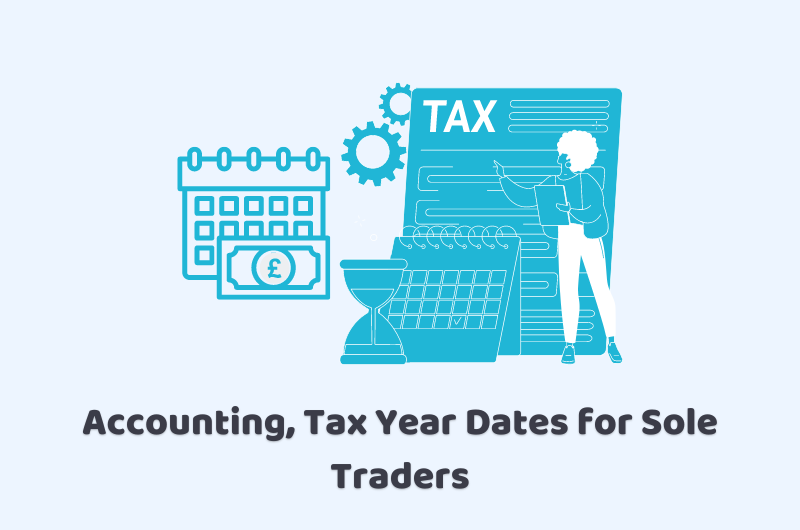08/12/2022tax , Tax Issues , Tax News and Tips , Tax Saving Tips
Whether you are new to the business world or have just signed up for being a sole trader to mark your brand in the industry, you are in need of knowing your UK tax year dates and when your accounting period will start in this first journey. Well, your first accounting period is considered the …
Read more
